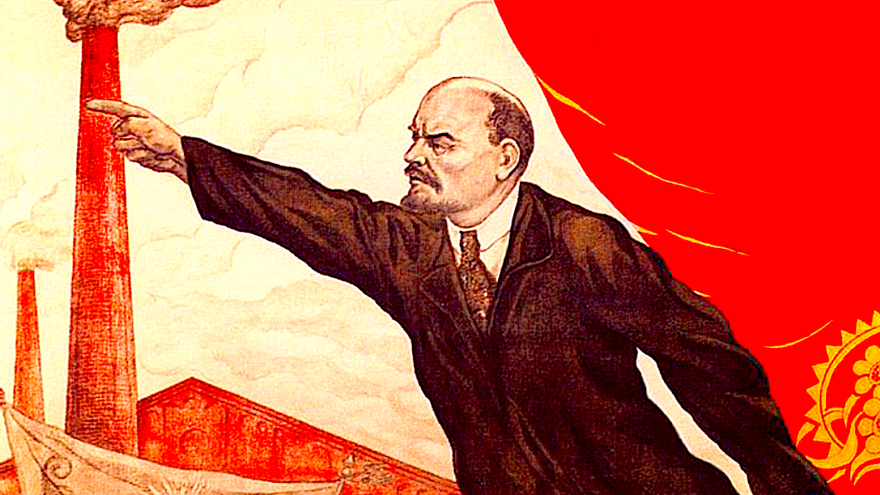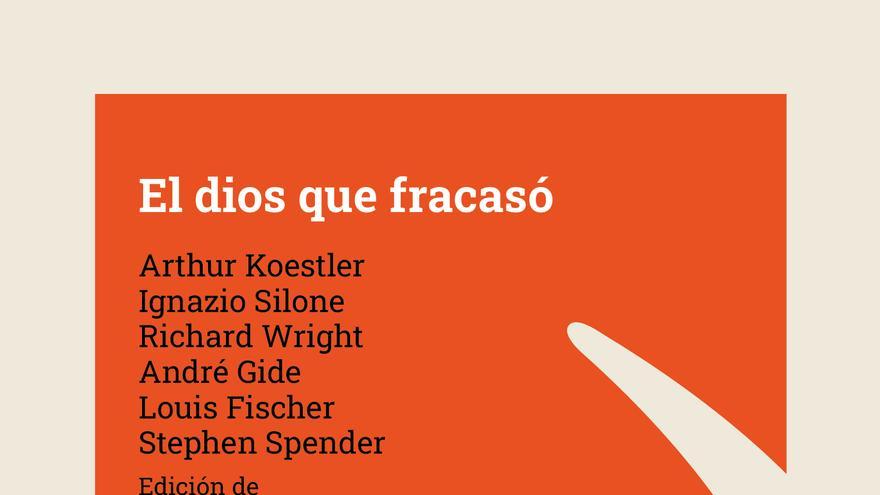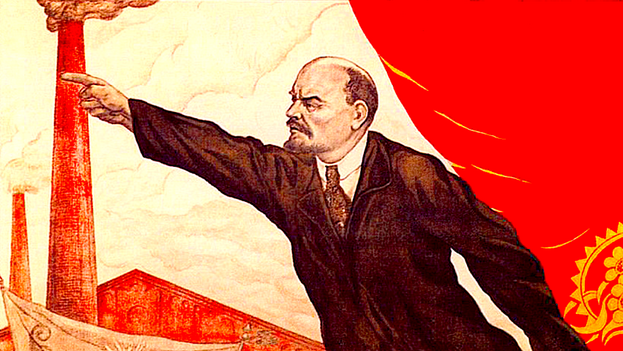
14ymedio, Xavier Carbonell, Salamanca, February 17, 2024 — Two communists are in Red Square, contemplating Lenin’s mummy, still fresh. At the dead man’s feet, a procession of grimy peasants shuffle past in veneration. One man says to the other, “I suppose you love Lenin.” The other nods. (Both had known Vladimir Ulyanov well.) “That being the case,” he continues, “how about we find two cans of gasoline and torch this dump along with the idol?” The other turns pale and begins to tremble. He suggests that his comrade forget such inflammatory ideas, drop the subject and, if possible, immediately leave the country.
One of the men – the jokester – is Ignazio Silone, founder of the Italian Communist Party and then a diehard believer. The other is Lazar Schatzky, leader of the Russia’s Communist Youth League, who was persecuted by Stalin and ended up being shot in 1937. Let’s suppose that the joke has a moral and that the moral comes a few pages later in Silone’s own words: “To judge a regime, it is very important to know what it is laughing at.”
Like the Italian, the five other great writers featured in The God That Failed were communists and lived to tell the tale. The book, which Moscow banned shortly after it came out in 1949, is now being rescued from obscurity by a Spanish publisher, Ladera Norte. Assembled by British parliamentarian Richard Crossman, the collection of essays contains accounts from Arthur Koestler, Stephen Spender, Louis Fischer, Richard Wright, André Gide and Silone.
In only a handful of countries is The God That Failed not a historical document but rather an instruction manual. Cuba is one of those countries. The stories of the six authors, who describe communism as either a religion that they renounced or a drug that almost destroyed them, will strike a familiar chord on the island. It is a drug because it produces addicts. It is a religion because it offers eternal life, expects obedience and provides nothing. No matter how much time passes.

The idea for the book came from a conversation between Crossman and Koestler. The theme is the all-too-familiar disconnect between those who escape communism and those in from Western democracies who admire it. “Either you cannot or you do not want to understand,” summarized Koestler after recalling what led him to join the party in his youth only to leave it seven years later. Why does an intellectual become a communist when the regime is always so distrustful of writers, artists and philosophers? For Koestler, it is a matter of faith, not reason. Faith that a poli


